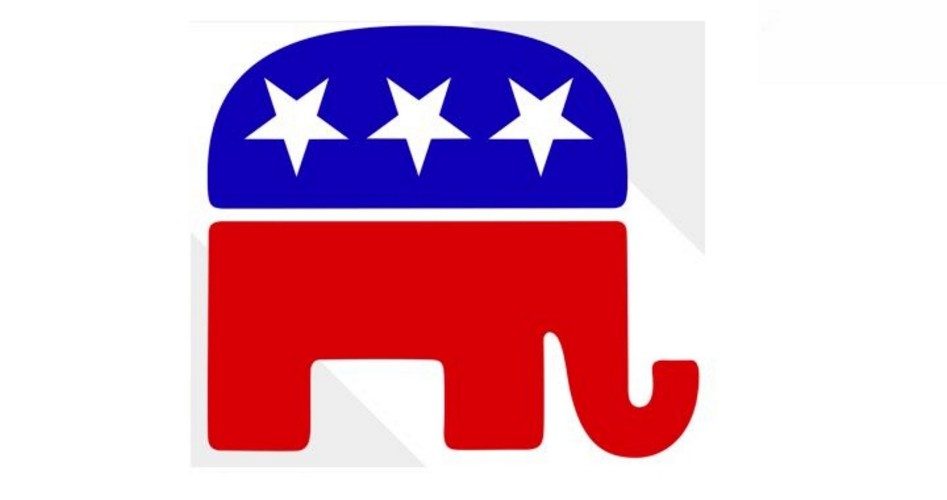
Republicans, led by President Donald Trump’s “executive order,” issued early Wednesday afternoon, have begun to react to the national furor concerning the separation of children from parents accused of entering the country illegally. Trump’s order directs federal border agents to terminate the practice of separating children from parents who have disobeyed U.S. immigration laws.
“We’re going to have strong, very strong borders, but we’re going to keep the families together,” Trump said, assuring supporters that his executive order would not end his “zero-tolerance” policy that prosecutes all adults apprehended crossing the border illegally, rather than continuing to make use civil procedures as has been typical in the past.
It is unlikely that Trump’s order will end the story as a political issue. Instead, supporters of open borders are now expected to file lawsuits questioning the length of detention, and to begin to express outrage at the detention of children who have committed no crime. (After all, it is not standard practice to jail children along with a parent who has held up a liquor store — all in the name of not separating parents and children.)
With the executive order expected to fall well short of solving the substantive problem of illegal immigration, and the political problem for Republicans of what to do with the children of parents who have crossed into the country illegally, Republican members of Congress are taking up proposed measures — and may vote on them as early as this week. “All of the members of the Republican conference support a plan that keeps families together while their immigration status is determined,” announced Senate Majority Leader Mitch McConnell (R-Ky.), after he emerged from a meeting with fellow Republicans.
But what bill can garner enough support to please the various parties involved, especially with the Democrats poised to use the issue for political gain in the Fall? President Trump certainly blames Democrats for much of the problem, saying that U.S. immigration laws are “the weakest and worst anywhere in the world, and the Dems will do anything not to change them.” He added that all the Democrats want to do is “obstruct,” as they “want open borders which means crime!”
Presently, the House of Representatives has two bills to choose from. One bill would provide $25 billion for Trump’s border wall, offer a pathway to citizenship to young illegal aliens, and keep families together. The other bill, H.R. 4760, is offered by Representative Bob Goodlatte (R-Va.), and is considered the “hardline” bill.
The Goodlatte bill would not guarantee “Dreamers” a path to permanent legal residency. It does include provisions that should please those most concerned about illegal immigration. For example, it would reduce the numbers of illegal aliens by curtailing “chain migration” — a practice that allows newly naturalized citizens to bring an unlimited number of foreign relatives to the United States and also led to about 10 million more immigrants in just the last decade.
The Goodlatte bill would also terminate the “Diversity Lottery.” This lottery randomly imports 50,000 people each year from “underrepresented” countries, giving them a Green Card to move to America, if they “win the lottery.” One recipient of a lottery Green Card cast a very negative light on the program when he murdered eight New Yorkers in a terrorist attack last year.
The immigration problem, as the recent news on the immigrant children demonstrates, is a perfect example of the old adage that hard cases make bad law. In the rush to “do something” about a problem that is no doubt a genuine problem, Goodlatte’s legislation would also import close to a million new, legal immigrants each year. It expands the H-2C program, which would allow about a million temporary workers to come to the United States.
And Goodlatte’s bill would authorize the funding of Trump’s greatly desired border wall on the southern border with Mexico. In addition, increased “tactical infrastructure” on the border would provide additional security, as would more money to increase the number of Border Agents, thousands more.
But in addition to some positive, or at least neutral provisions, the Goodlatte bill would also give amnesty to millions of illegal immigrants, and it would create a national ID known as E-Verify. Under this scheme, as Alex Newman noted in an online article for The New American, “Every employer would be forced to buy a scanner and use it to check the legal work status of potential employees. On top of that, every worker would be forced to have a biometric ID issued by the federal government in order to be able to legally work.” Theoretically, this would make it more difficult for illegal aliens to find jobs. But as Alex Newman pointed out, “Illegal immigrants are typically paid under the table anyway — many of them simply work as day laborers and get paid in cash at the end of the day.”
In other words, in exchange for law-abiding Americans being required to have a national ID card, which includes all sorts of information, including sensitive biometric data, in order to work, relatively few illegal immigrants would be barred from getting a job in the United States.
As former Congressman Ron Paul (R-Texas) warned, “The statists want to control you. Just think about it.… Gun ownership. Employment history. Family and friends. Purchasing habits. Health records. Travel. Religious beliefs. Past political contributions.”
Certainly, illegal immigration is a huge problem. The importation of millions of Third World immigrants with alien cultures and values is crucial to the goal of former President Barack Obama and his radical allies of “fundamentally transforming” the United States. With a flood of new voters dependent upon Big Government, those who oppose the radical schemes of the American Left will simply be outvoted at the polls.
But expanding the surveillance state is not the solution. Nor is amnesty. Rushing through Congress a “fix” that is not a fix to deal with a passing crisis is unwise.



